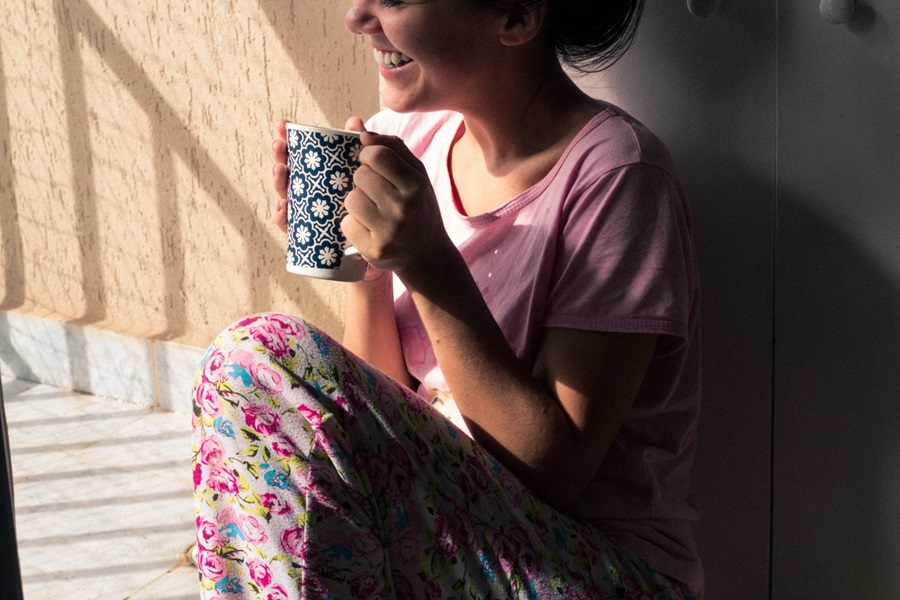Are we making the same 'effort' each morning, when we are seeing fewer people, leaving the house less, and generally working from the comfort of our own homes?
We asked people in the UK, US, Australia, France, Canada, Germany, Italy, Spain, Mexico and the Netherlands* about their clothing and personal care choices during coronavirus. We discovered that most of us are taking a casual approach to dressing for lockdown – but old habits still remain.
According to this survey, 17% of us still get dressed for work even though we are working from home. This number is higher amongst men (19%, versus 15% of women), and is much higher in France (29%) and Mexico (26%) than the other surveyed markets – especially Australia, where just 7% said they were bothering with office attire.
Changing routines
When it comes to personal care, 14% of respondents in our survey (13% of men and 15% of women) said “I am too busy home-schooling/working/caring for family to maintain my normal personal care routine.” It seems to be less of an issue in the Netherlands (5% agreement) but far more of a problem in Mexico – 40% were too busy to take the same time as usual over their grooming routine.
However, 35% of respondents claimed they were continuing with their normal personal care, hair and makeup routine at the moment. The proportion was highest in Germany (44%) and lowest in France (25%). Which suggests that the rest of us are not quite keeping up a normal routine... but it's little to do with being too busy.
What is a normal routine anyway? Well, panel data from our Worldpanel division** shows that individuals across countries have, on average, 51 personal care occasions per week (the lowest is France at 44 and the highest is in Brazil and China at 62.) Women have a higher average than men. Amongst full time workers, those that work from home have (on average) 10.6 fewer “personal care occasions” per week than those who don’t. But we haven't seen such a steep decline in lockdown. Across the countries covered, we’re seeing functional categories such as washing and oral care relatively stable in the month of lockdown, while fragrance, styling and cosmetics have, perhaps unsurprisingly, seen pretty dramatic declines when it comes to usage occasions.
Keeping it casual
Roughly a quarter of respondents (17% of men and 28% of women) claimed they enjoyed not having to bother with nice clothes and makeup, as they are encouraged to stay at home or shelter in place and are not seeing as many people in real life. Just 14% (12% of men and 16% of women) said they did try to look nice for social online meetups.
So how casual are we talking? 21% of people in Italy and 25% of respondents in Spain say they are in pyjamas all day. Over all the countries, more women (16%) than men (12%) considered this a viable option.
Only 3% of respondents across the 10 markets said they were wearing business attire on the top and casual from the waist down – a potential solution for balancing comfort and professionalism in an age of virtual meetings.
Editor’s notes
*Data from Kantar’s COVID-19 Daily Routine and Travel Quick Poll, 1 May 2020. Quick Poll questions are served to an average of 1,000 general population LifePoints respondents per market per question.
**Based on Worldpanel usage data from the 12 months ending Dec 2019. Monthly data mentions are on the 4 weeks starting from official lockdown by country e.g. 23 March in GB.


